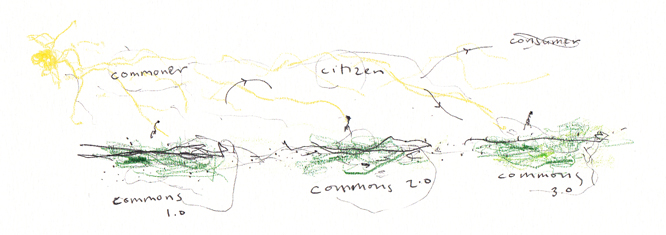Miguel Altieri at the APPG
(the All Party Parliamentary Group on Agroecology) 12 January 2012

If anyone articulates the political potential of sustainable food as a means of social transformation, it is Miguel Altieri, Professor of Agroecology at Berkeley, the University of California. Altieri has a simple explanation of what agroecology is "It’s like a stool that has three legs. One that is socially just, one that is economically viable, and one that is ecologically safe. And when one of those legs lags, then the stool falls down". In other words, it's all or nothing. Agroecology thus demands the total transformation of our food system; tweaking it here and there will not do.










